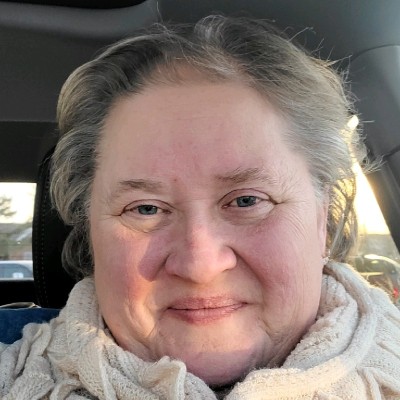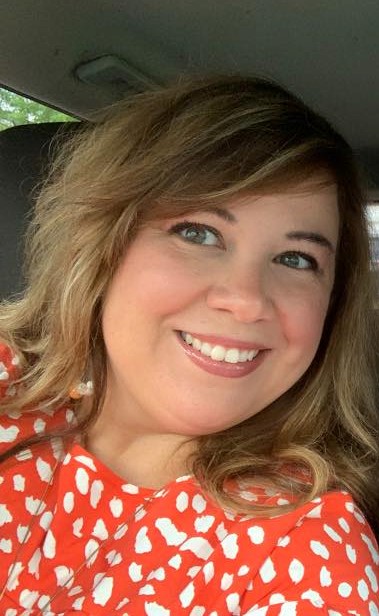A Trauma-Informed Approach to Psychological Evaluations
Wingate 62-63
Speaker(s):
Description
Psychological evaluations have a history of being an experience for clients that is sterile, removed, and opaque. In fact, clients are often separated from the process outside of the actual testing session, creating a barrier to fully understanding what is happening with the personal information being shared with their clinician. As a result, it is more difficult to internalize the information that is provided at feedback sessions. Children are especially vulnerable to this process and often times are not even included in feedback sessions at all.
We present a trauma informed approach to conducting psychological evaluations. Utilizing the Neurosequential Model of Therapeutics (NMT; Dr. Bruce Perry), we have adapted the content, frequency, and approach to testing sessions to be more trauma informed, client centered, and educational. Furthermore, we utilize the Therapeutic Assessment Model (Dr. Stephen Finn) to create a process that is collaborative, transparent, and relationally therapeutic for children and their caregivers. This presentation will describe how these models come together in assessment and how they might be extended to ongoing therapeutic care. We will explore a case example from the first point of contact to the feedback session and follow up. Finally, we will review how a relational approach to assessment creates space for honesty, vulnerability, and therapeutic moments that might otherwise be missed in a more typical evaluation.
Objectives
1. Describe how the Neurosequential Model of Therapeutics influences the understanding of developmental trauma on current behaviors.
2. Identify what makes self-care hard to follow through on, despite knowing its value and relationship to secondary trauma and burn out.
3. Practice dosing self-care and outline how it may be implemented in their lives and lives of their clients.



